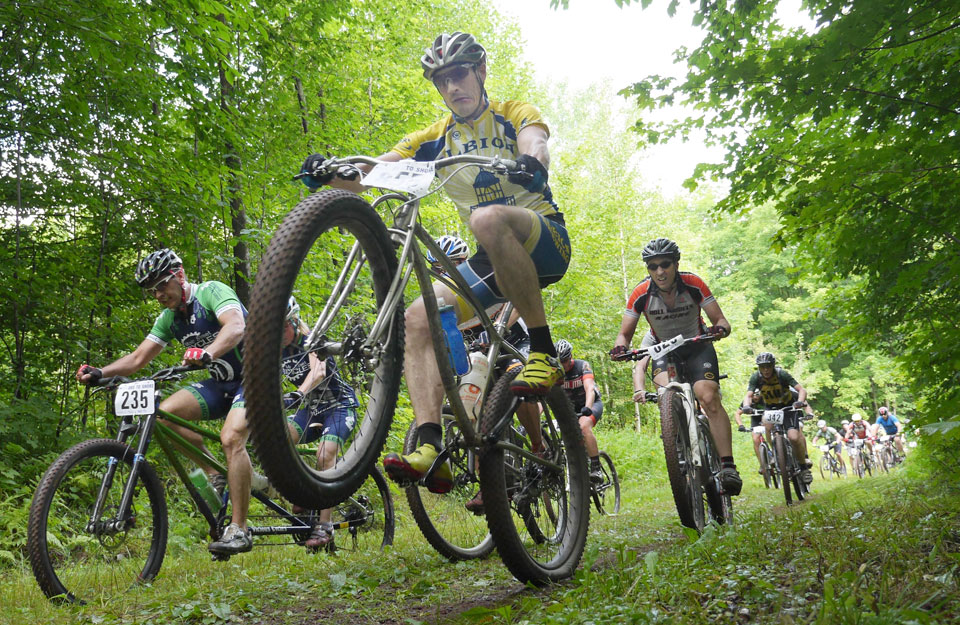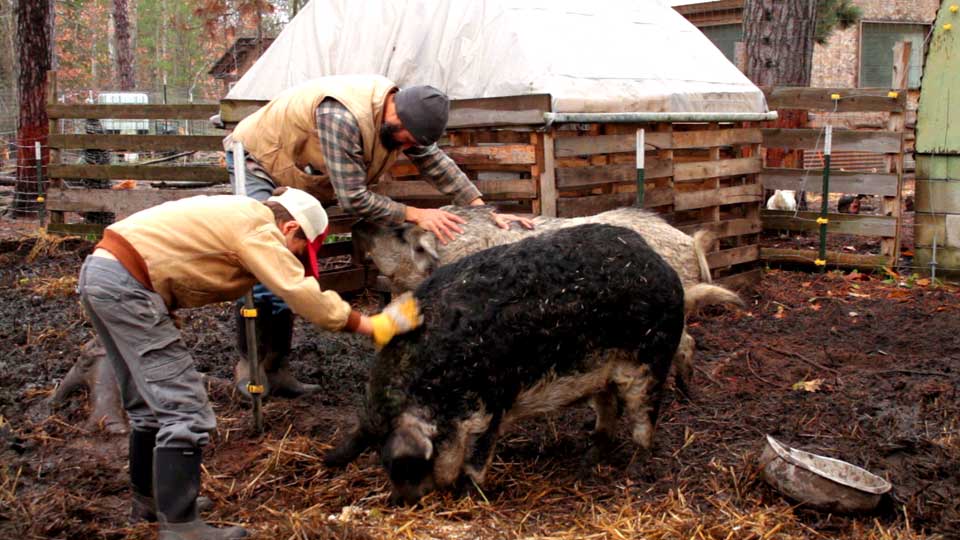What Qigong Practice Can Do For You

Qi-gong exercises are simple and can be done easily in any indoor space. (photo by Monika Wisniewska – Fotolia)
Qigong (pronounced: chee-gong) is an ancient Chinese system of self-healing and health maintenance, developed thousands of years ago in China. The practice of Qigong uses special methods of breathing, posture adjustment and mental concentration to balance and strengthen energy systems within the body.
Qigong is used for self-improvement and self-healing. Benefits of Qigong cover a wide range of things the first being, health benefits. Health from a physical, emotional, mental, and spiritual point of view.
The conventionally defined health problems such as:
- heart disease
- high blood pressure
- kidney stones
- ulcer
- cancer
- diabetes
- back pain
- sleep disorder
- high anxiety
- depression
…etc., you name it, are all possible to be corrected with persistent and consistent Qigong practice. People normally notice changes in their overall lives after practicing on a regular basis for a while.
Qigong also opens the door to spiritual development. It is a great tool of achieving overall well-being and integrating physical, emotional, mental, and spiritual health.
There are many different styles of Qigong practice based on the principles of Buddhism, Taoism, Confucianism, Chinese Medicine, and Chinese Martial Arts.
See more articles on Qigong.

Qigong exercises offer a gentle way for seniors to improve health and overall well-being. (GordonGrand – Fotolia)
What Qigong or Taiji (tie-chee) Practice Can Do For You?
GENERAL BENEFITS
Qigong teaches inner strength, increases flexibility, and boosts immune power. It reduces stress, stores up energy, increases body awareness, and improves balance and coordination.
PHYSIOLOGICAL BENEFITS
Practitioners reported less tension, depression, anger, fatigue, confusion and state-anxiety; they felt more vigorous, and in general they had less total mood disturbance.
MENTAL HOMEOSTASIS
Pscyhological homeostasis refers to emotional control or tranquility. It has been stated that the biological function of human emotion and repression is primarily homeostatic. Evidence suggests that a feedback relationship exists between forms of homeostasis, and the body-mind type of therapies and practices (Qigong, Taiji, etc.) thus have a combined physiological, physical, and psychological effect.
IMMUNE SYSTEM
A study conducted in China indicates that Qigong and Taiji may increase the number of T lymphocytes in the body. Also know as T-Cells, these lymphocytes help the immune system destroy bacteria and possibly even tumor cells.
BREATHING, ACHES, BLOODPRESSURE
In a study done in China, after practicing Qigong for 3 months, participants observed a “big increase in breathing capacity”, a disappearance of backaches and neck aches, those with high blood pressure claimed a drop of 10 to 15 mm Hg systolic at rest, and all participants claimed to have more energy in their daily work.
BALANCE
Qigong and Taiji is superior to more technological balance therapies, reducing the risk of injury by falling. Complications from these injuries are the sixth leading cause of death in older Americans, and account for about $10 billion loss per year to the economy.
Institute of Chicago indicates that people with moderate balance problems can be helped by practicing Qigong and Taiji. Participants…of the 2 month course …experienced about a 10 percent improvement in balance. An Emory University study supports Hain’s findings.
MENTAL & PHYSICAL STRESS
Mind & body exercises, such as Qigong and Taiji, are increasingly replacing high-impact aerobics, long distance running, and other body punishing exercises of the 1980’s. Mind /body workouts are kinder to the joints and muscles and reduces the tension that often contributes to the development of disease making them especially appropriate for high powered, stressed out baby boomers. Unlike most conventional exercises, these forms are intended to stretch, tone, and relax the whole body based on a series of progressive choreographed movements that are coordinated with deep breathing.
BEYOND TRADITIONAL CARE
Health practitioners encountering clients who are faced with problems that do not seem to respond to traditional health care, may employ some of the health traditions of other cultures that view the body and mind as a balanced whole. Qigong and Taiji focus on the mind/body connection to facilitate healing through relaxation, breathing, and movement.
CURES/PREVENTIONS
Cases show that Qigong can
- dramatically help illnesses such as hypertension, asthma, and insomnia
- prevent arteriosclerosis and spinal deformity
- shorten recovery phase from long-term illness.
Results from elderly Qigong and Taiji practitioners show superior strength and flexibility compared to
non-practitioners.
RHEUMATOID ARTHRITIS
Qigong and Taiji exercises appear to be safe for RA patients…weight bearing exercises have the potential advantages of stimulating bone growth and strengthening connective tissue.
ELDERLY
According to Qigong and Taiji enthusiasts, the discipline can prevent many ailments, including high blood pressure, tuberculosis, and diabetes, and US scientists agree that Qigong and Taiji can offer some important fitness benefits, particularly for older adults.
CARDIO-RESPIRATORY EFFECTS
Practicing Qigong and Taiji regularly may delay the decline of cardio-respiratory function in older individuals. In addition, Taiji may be prescribed as a suitable aerobics exercise for older adults.
click her to fund more about Qigong














You must be logged in to post a comment Login